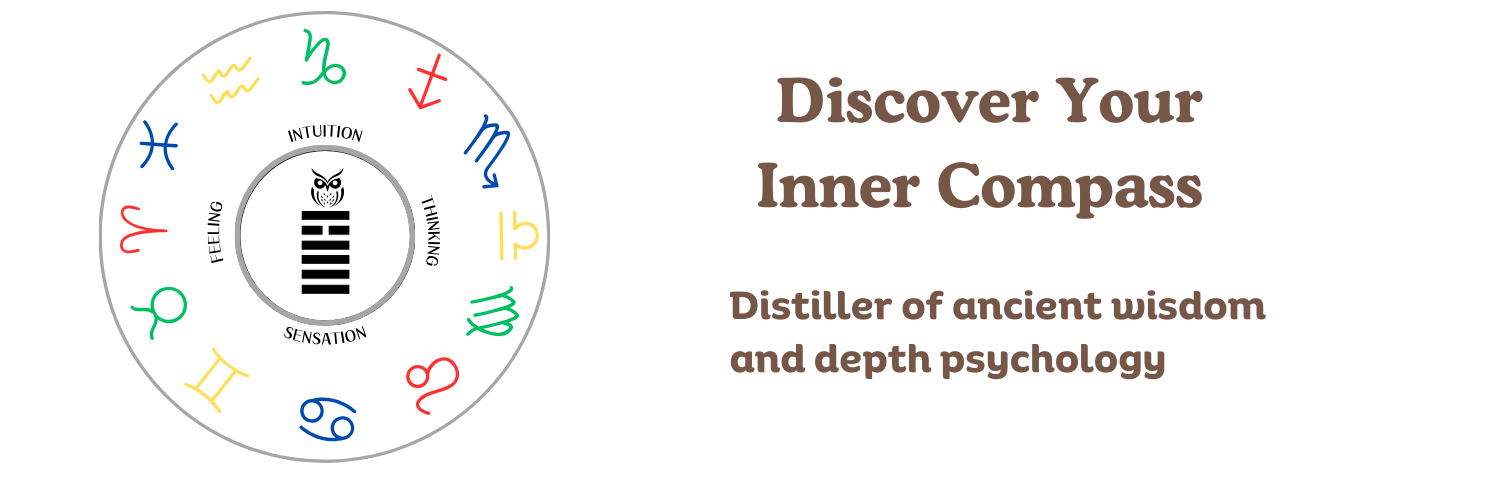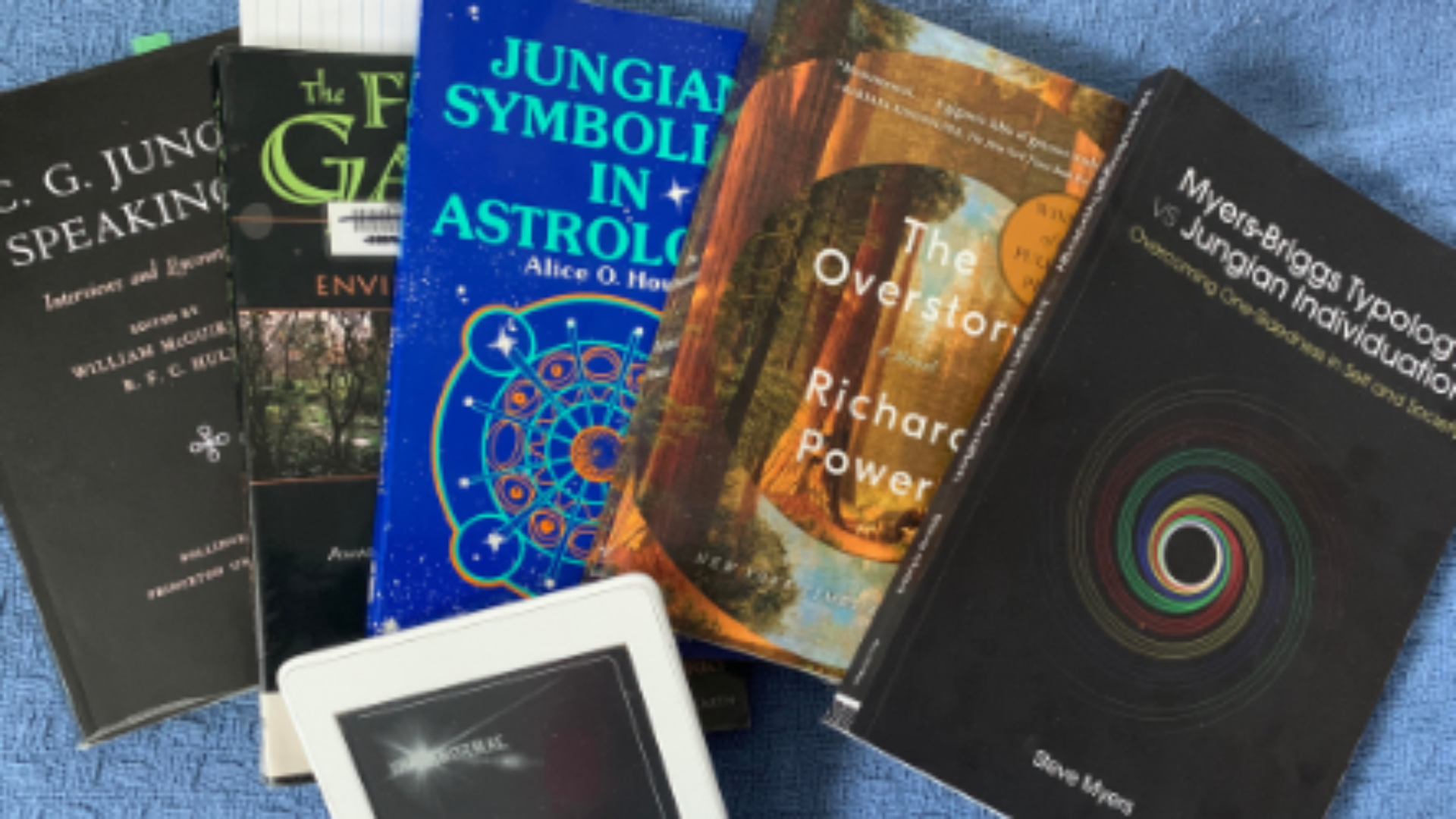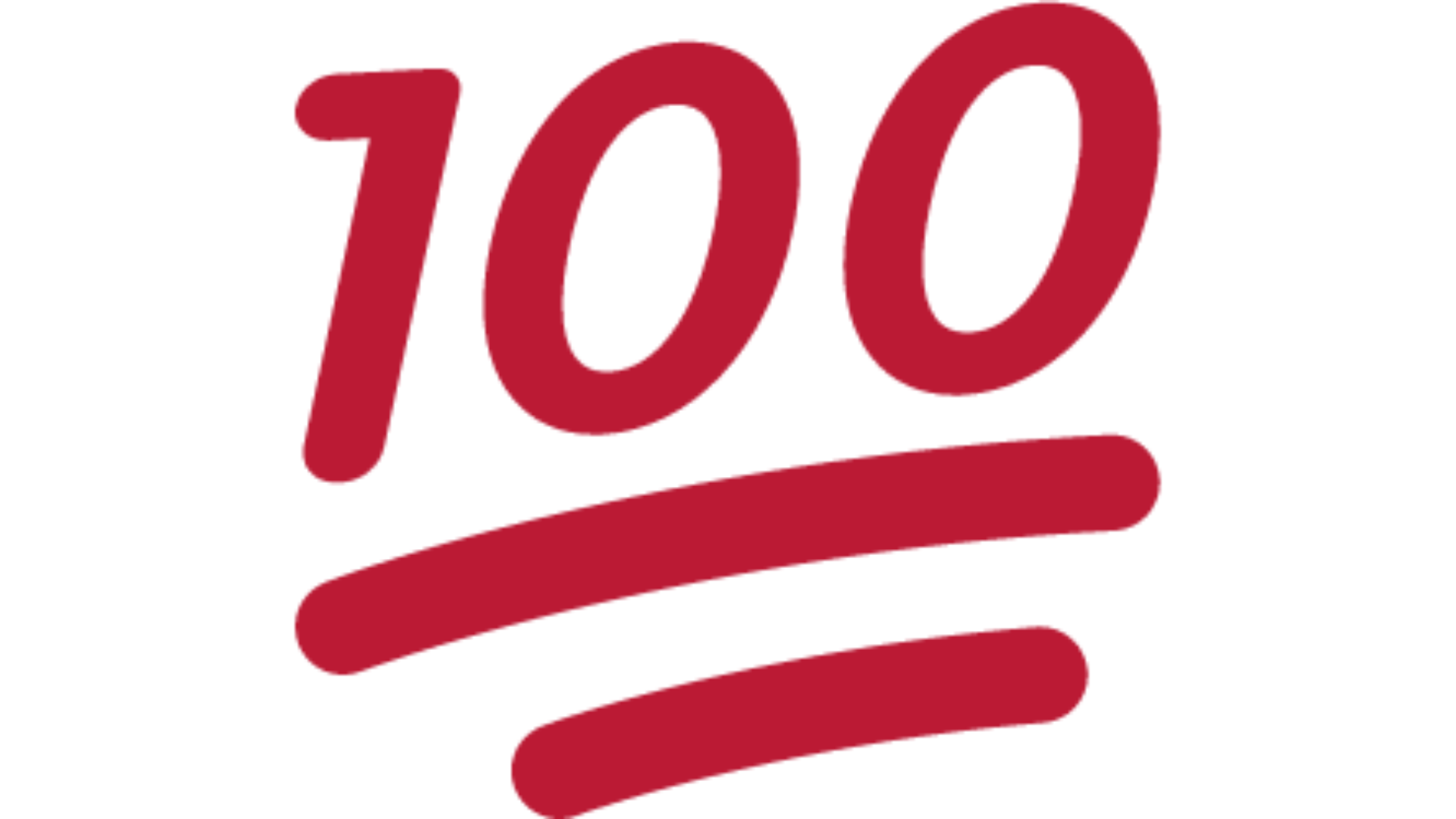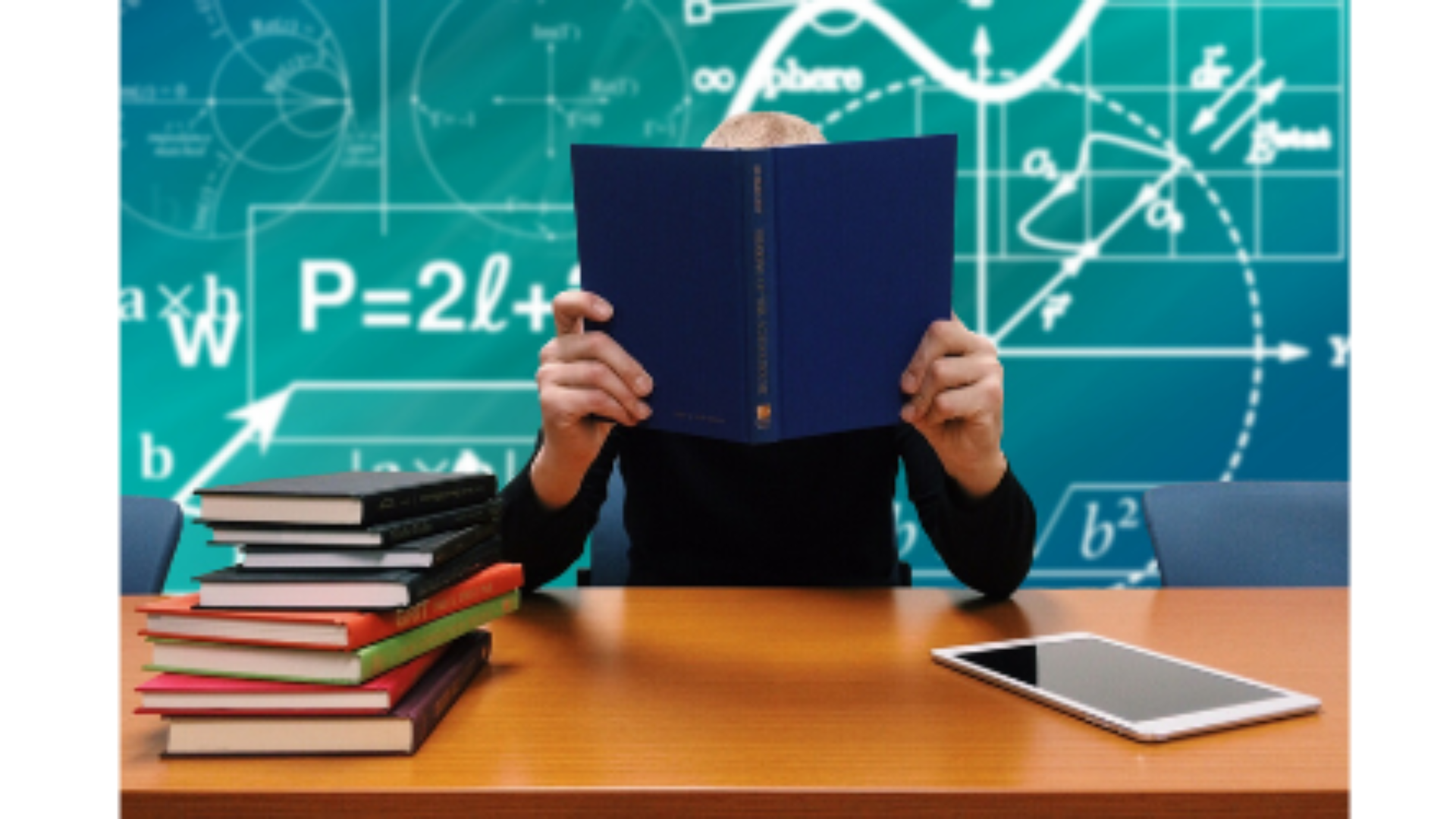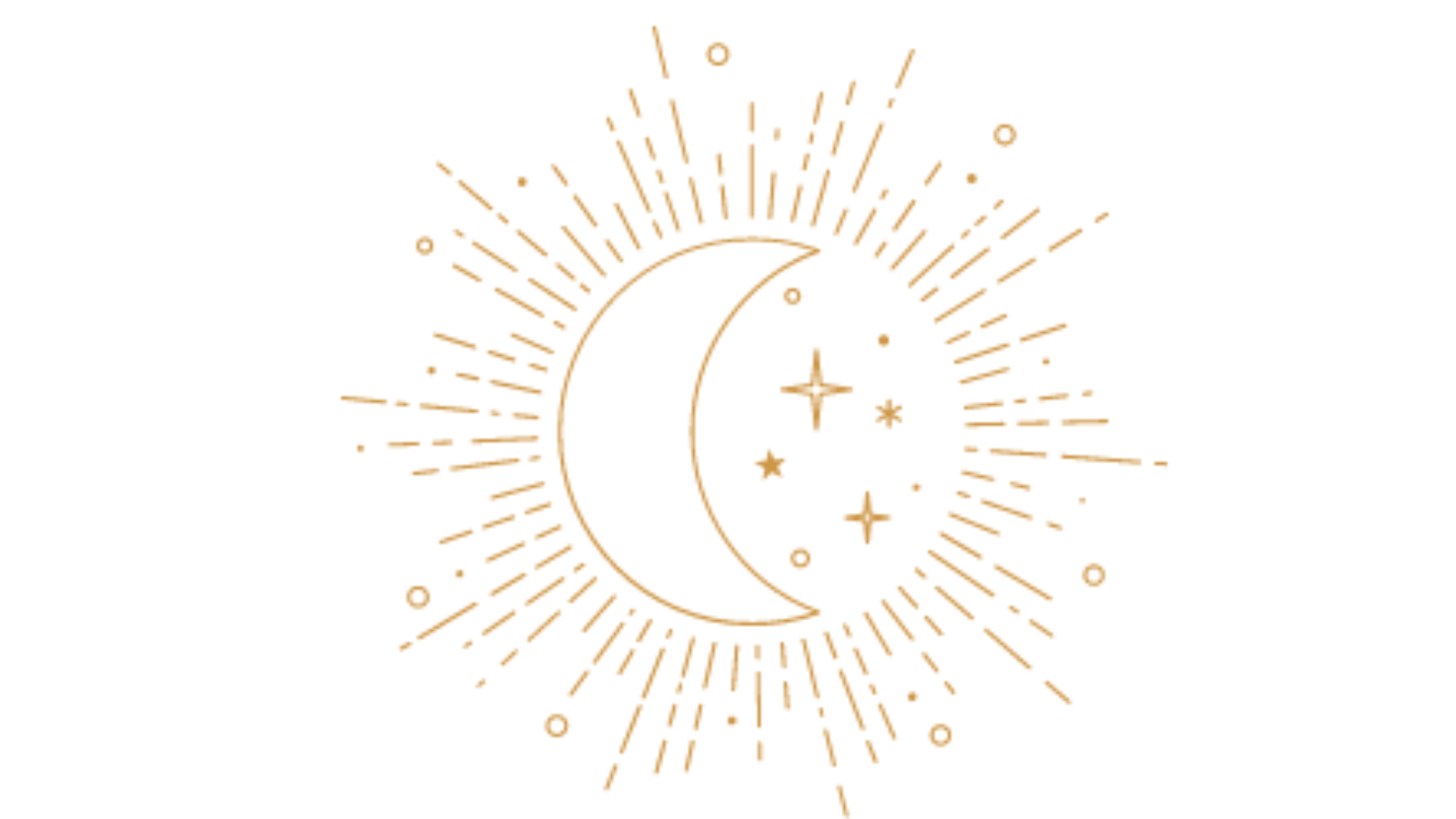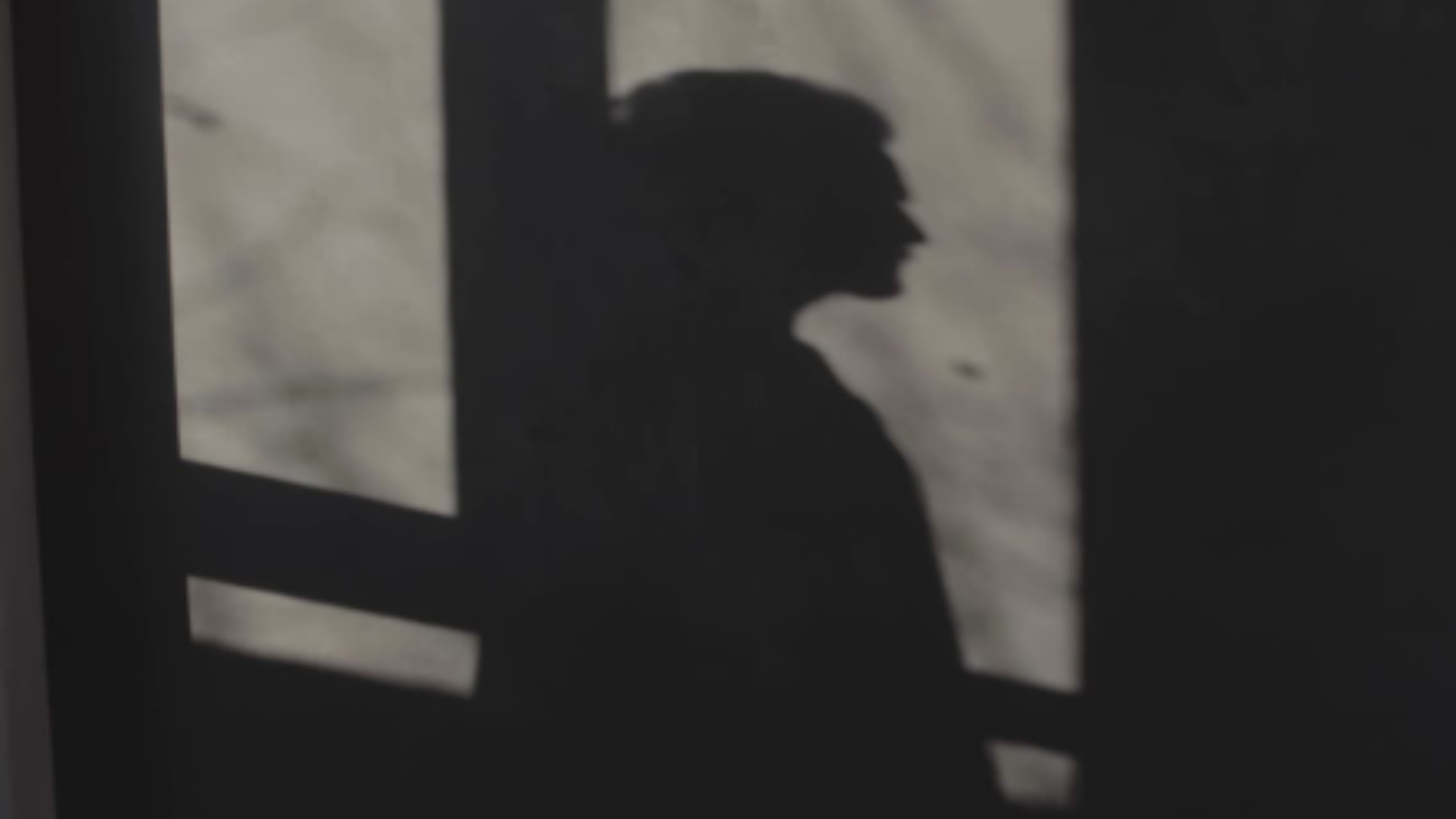Archetypal psychologist James Hillman wrote eloquently about spirit vs. soul and I think it applies very much to personality types (specifically John Beebe’s model) as well as the astrology of the Sun and the Moon. I see it as a way to begin to blend astrology with Beebe’s archetypal personality type model.
The way Hillman writes about the soul in a way that also describes the Moon in astrology and the spirit in a way that describes the Sun:
Soul…is the “patient” part of us. Soul is vulnerable and suffers; it is passive and remembers. It is water to the spirit’s fire, like a mermaid who beckons the heroic spirit into the depths of passions to extinguish its certainty. Soul is imagination, a cavernous treasury…Whereas spirit chooses the better part and seeks to make all one. Look up, says spirit, gain distance; there is something beyond and above, and what is above is always, and always superior. (edited)
A Blue Fire: Selected Writings by James Hillman, p. 123
Spirit thinks soul should be more like spirit:
…from the perspective of spirit..the soul must be disciplined, its desires harnessed, imagination emptied, dreams forgotten, involvements dried. For soul, says spirit, cannot know, neither truth, nor law, nor cause. … So there must be spiritual disciplines for the soul, ways in which soul shall conform with models enunciated for it by spirit.
A Blue Fire: Selected Writings by James Hillman, p. 123
Soul thinks spirit’s ways are repressive:
But from the viewpoint of the psyche…movement upward looks like repression. There may well be more psychopathology actually going on while transcending than while being immersed in pathologizing. For any attempt at self-realization without full recognition of the psychopathology that resides, as Hegel said, inherently in the soul is in itself pathological, an exercise in self-deception.
A Blue Fire: Selected Writings by James Hillman, p. 123
When viewing type from this framework, the Sun and spirit could correlate to the Hero function of the personality type. The Moon and soul correlate to the anima/animus (inferior) function. We use both functions in developing our self. Even though the Hero is the strongest function, if we neglect the soul we fall into the grip of certainty and dryness.
As Hillman said:
…spirit is after ultimates and it reveals by means of a via negativa. “Neti, neti,” it says, “not this, not that.” Strait is the gate and only first or last things will do. Soul replies by saying, “Yes, this too has place, may find its archetypal significance, belongs in a myth.” The cooking vessel of the soul takes in everything, everything can become soul; and by taking into its imagination any and all events, psychic space grows.
A Blue Fire: Selected Writings by James Hillman, p. 123
Antidote to One-Sidedness
Jungian analyst Monika Wikman writes about how integration of the sun and moon (spirit and soul) is the point of depth psychology:
The interplay of sun and moon vision takes place in numerous life arenas. The awakening of the diurnal nature of the psyche, of the sun and moon principles within the individual, is the opus of depth psychology. Creativity and the healing arts make room for the binocular visions of sun and moon to play.
[…]
We could think of sun and moon as residing in the psyche-body field as our two metaphoric eyes. When the two principles marry, vision becomes binocular; that is, two visionary bodies of being integrate into one mysterious whole. Based on each one’s unique vision, they bring in different information that contributes to the vision guiding our life.
Pregnant Darkness by Monika Wikman
Think about your Hero function and the sign and house the Sun is placed in in your birth chart. The Sun shows you the area of your life where you are the “hero” and the purpose and plot line of your life. This dominant aspect of your personality has free rein here. It is where the spirit activities of religion, spiritual practice, and the intellectual life occur. The ideal is for spirit to feed your soul rather than neglect it so that we don’t become one-sided.
Now consider the sign and house the Moon is in in your chart and your anima/animus (soul) function. Symptoms occurs here, which is the soul’s way of getting our attention. Our instinctual self resides here. The moon is the storyteller of our life and tells us who we were, who we are, and who we are going to be.
Your Hero (Sun) function and Animus/Anima (Moon) function makes the transcendent function, which, per Jung, is the “alchemical solution” for the one-sidedness in psyche and life.
Sources:
A Blue Fire: Selected Works by James Hillman
Pregnant Darkness by Monika Wikman
Click here to sign up for my monthly book recommendation newsletter
